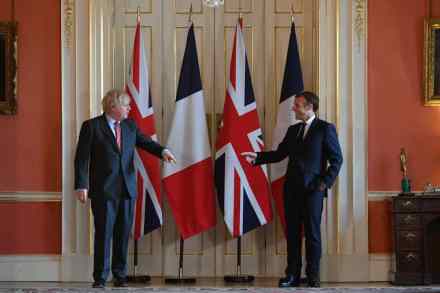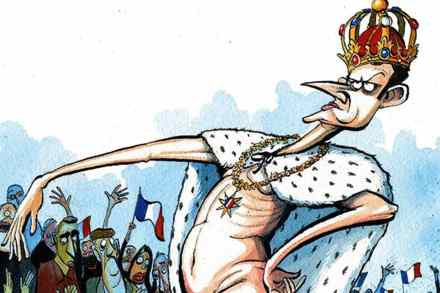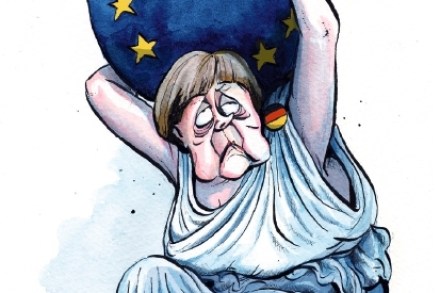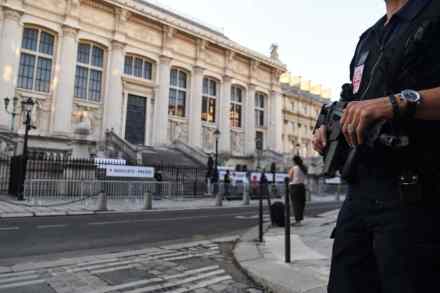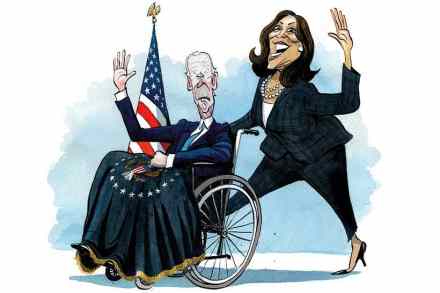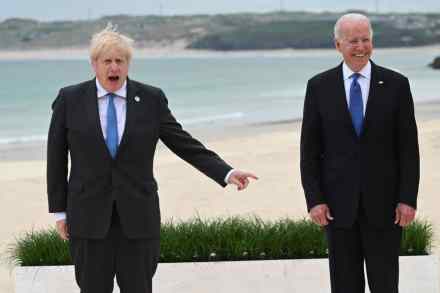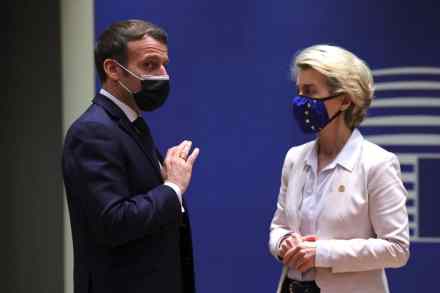German voters set for a tense night
The German elections have turned out to be an unexpected nail-biter. Since the exit polls were released earlier this evening the result has been too close to call. Angela Merkel’s CDU/CSU and their coalition partners, the SPD, are both predicted to have received 25 per cent of the vote each, which means it will remain unclear throughout the evening who has won as the votes continue to be counted. Despite the close result, the mood in the Christian Democratic camp is subdued. Angela Merkel’s would-be successor Armin Laschet has received the worst result his party has achieved in its history. The exit polls showed that 1.4 million of their voters



